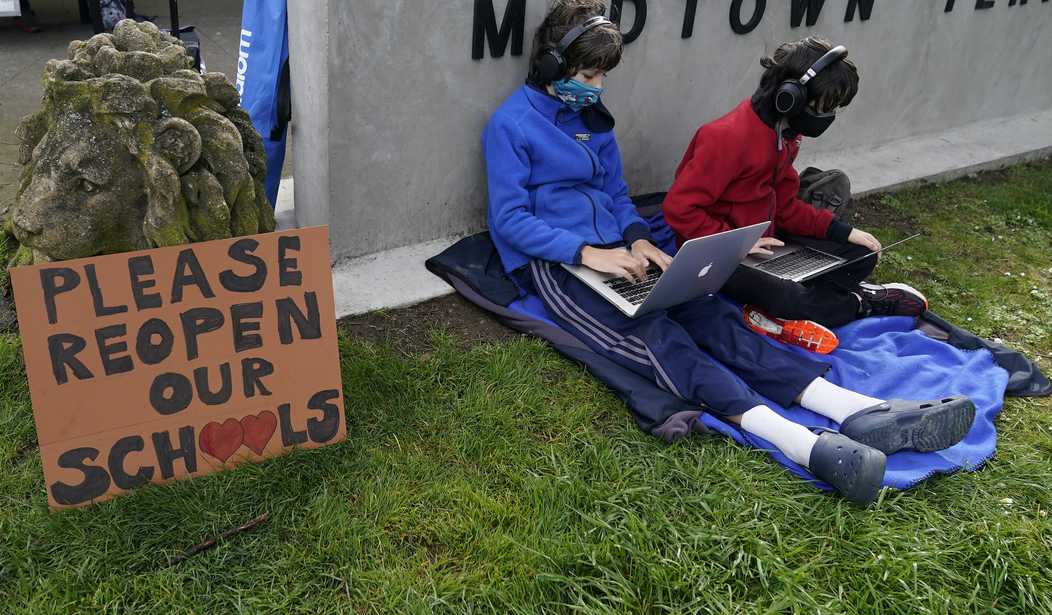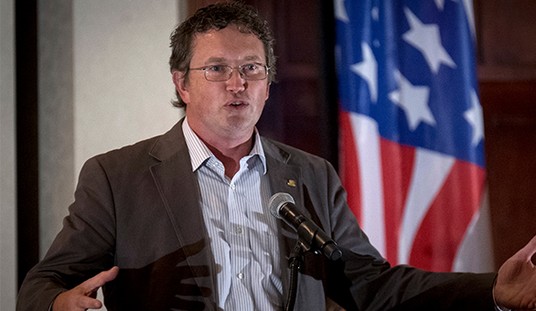At the University of Pittsburgh, they’re trying to help students.
The roughly 32,000-attendee college has therefore announced a new way to deal with those who’ve messed up by not finishing their work.
As revealed in a March 12th email to students, enrollees guilty of missing or not completing their assignments can now still pass.
Previously, a “G” grade was available for non-completed assignments under special circumstances.
The way it worked, the “G” would eventually expire. If the student hadn’t completed their work by that time, “G” would revert to “NG” (No Grade).
But with the new system, a teacher can register a “fallback” grade for the student.
In that case, when the “G” expires, regardless of whether the work’s been completed, “G” will be replaced by that specified letter grade.
And why the change?
Per Campus Reform, the reason is COVID-19.
Speaking to Pitt News, Graduate School of Public and International Affairs Associate Professor Ilia Murtazashvili said he likes the new option.
After all, you can’t expect everyone to have it together amid a planetary plague:
“You need to recognize that what constitutes ‘A’ work in the pandemic is different from what constitutes ‘A’ work in normal times.”
Professor Chris Bonneau’s for it, too:
“As an instructor, I can say, ‘Well look, you’ve done 80% of the work in the class, so if for whatever reason you can’t complete it, then your ‘G’ grade will revert to a ‘C’ as opposed to a ‘no grade.”
But University of Pittsburgh Student Government Board President Tyler Vilijaste told the News the plan’s still too burdensome:
“This seems like an already inadequate solution and it’s not addressing the needs of students, it’s not really promoting this (remote/in-person hybrid) Flex@Pitt model that a lot of us were anticipating and hoping for. It puts a lot more burden on the students during an already stressful time.”
For Ilia, right now, it’s about constraint:
“For students who are working as much as they can, it is important that our standards for gradings allow us to reward excellence, subject to constraints. As those constraints change, and things get back to normal, the expectations will change as well.”
He, for one, won’t be docking students for being late:
“This semester, I am not taking off points for late work, which reflects that many of our students have jobs and childcare responsibilities that are a result of the pandemic.”
As for children, the professor’s certainly right that a wrench has been thrown into many parents’ plans — at least where the normal school year’s concerned.
Kids have been kept from in-person learning, which has presented a new responsibility for those counting on them being in class during daytime hours.
But it’s surely caused the most problem for the kids themselves.
As I covered in January, the nation’s 5th largest school district finally reopened its doors due to a surge in suicides among young people.
A few weeks later, actor Rob Schneider had an interesting take: He called school closings “a new kind of child abuse.”
'A New Kind of Child Abuse': Rob Schneider Schools America – On Schools in America https://t.co/v2GSHPgfwO
— RedState (@RedState) February 15, 2021
Instructor Ilia had more to say on the subject:
“[W]e have several children in Pittsburgh Public Schools. Our district has not been open since last March. I think schools should not have closed at all, and that this is a disaster for parents and students who have kids in the public schools, so I appreciate that during this time, having kids at home – especially small children – is something that is relevant in understanding how we approach grading.”
He doesn’t want to be a robot:
“[I] personally try not to think like a bureaucrat who mechanically applies rules without consideration of changes in the context. Whether in markets or schools or government, flexibility in response to changing circumstances is a good thing.”
It’s been an interesting year. And by that, I mean a terrible one.
But should college students be allowed to do less than half their work?
According to Ilia, yes:
“People should be able to get an ‘A,’ even if they’ve been at 50% ability to do their work or less the past year.”
2020, you truly changed the world.
Or something else did.
-ALEX
See more pieces from me:
In Order to Fight White Supremacy, an Actress Vows Not to Star in Cop Shows
Texas Democratic Representative Claims There Are Six ‘Biological Sexes’
Nickelodeon Schools Kids on the ‘Environmental Racism’ of Pig Farming
Find all my RedState work here.
Thank you for reading! Please sound off in the Comments section below.













Join the conversation as a VIP Member